Here at Oswego Creative, we tell a lot of stories about real people, working real jobs, providing for real families. These stories are authentic and feature everyday folks who are not actors, and for the vast majority have zero experience in video production, let alone experience being the on-camera star. So you might imagine how nervous a person can get when you sit them down for an on-camera interview. They see three or four professional lights shining down on them, a boom microphone directly over their head, and two cameras pointed directly at their face. On top of all of that, they’re surrounded by strangers (the crew), and sitting across from them is the producer, who’s about to ask them the “tough questions.” That’s enough to give anybody the sweats.
But as a producer at Oswego, the last thing I want my interview subject to be is nervous. When they’re nervous the answers I get are stiff, without emotion, and a lot of times rehearsed. I don’t want that. I want to capture a person’s genuine thoughts and feelings. So how do I de-escalate the nerves and just have a conversation?
For me, it’s all about building trust and listening more than asking questions. Sometimes I’m fortunate enough to be able to meet my interview subjects the day before the shoot. I might take them out for a drink or dinner and go over what to expect when we shoot the interview. More importantly, I get to know them as a person, and I let them get to know me. I listen as they tell me their story.
What I’ve found over my years of conducting hundreds of on-camera interviews is that even though we all may seem a lot different from one another, we’re actually similar in a lot of ways. We all have a background and no matter how mundane a person may feel about their life or what they do for a living, there’s always something interesting and unique about them.
Of course, I don’t always have the luxury of being able to meet or talk with my interview subject beforehand. In this case, it’s still all about gaining trust and being personable. I come into interviews with a specific direction and prepared questions, but I don’t force it. Meaning, I don’t sit down, turn on the camera, and just start rattling off questions one by one. Instead, I start with a conversation. I might ask how their day is going, what they have planned for the weekend or their career background. I get into a flow that gets them into a flow. I do my best to get them to forget about the lights and the camera and before they know it, I asked everything I needed to ask without it seeming like an interrogation. The key is treating our conversation as just that; a conversation.
If you have a story you need help telling, contact us today!

